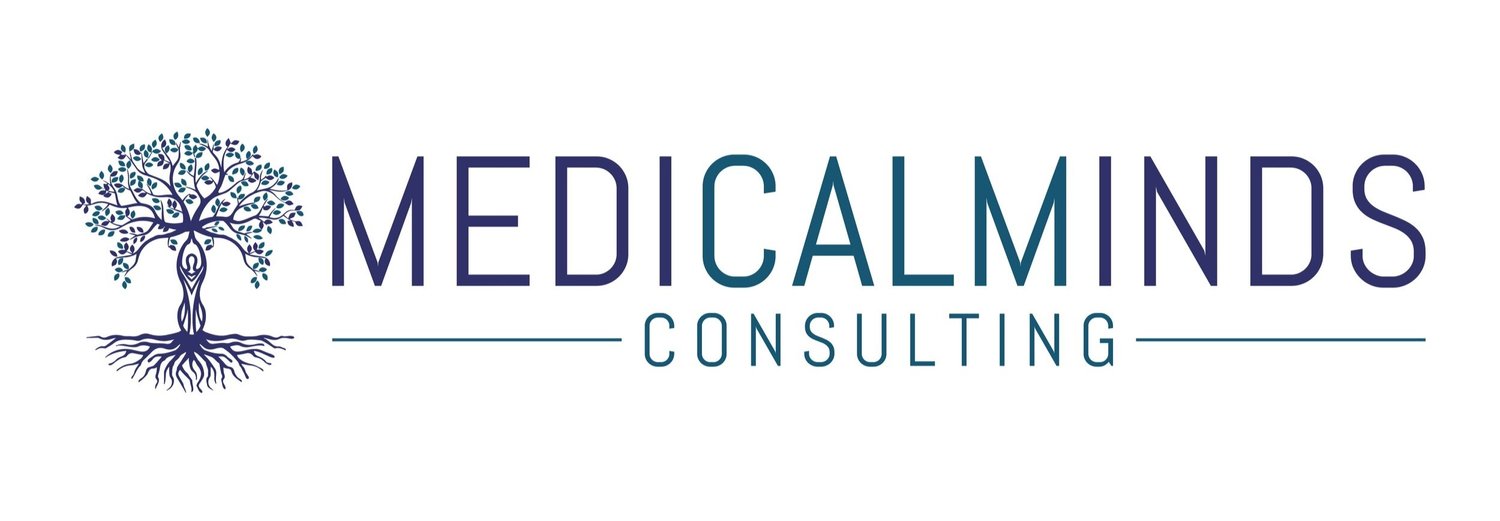Beyond Medicine: The Healing Power of Perspective in Patient Care
I doubt patients realize how many of their stories become our stories. We carry throughout our careers. I have many myself. Some are wonderful memories and some have taken a very long time to find peace with.
Recently, I read a post by another physician online about an experience he had decades ago, soon after he first became an attending in the ER. The experience still troubled him significantly.
The anecdote was one of so many in a long career on the front lines of healthcare, where life and death are often part of the daily events, amidst the otherwise mundane and ordinary. He retained an uneasy feeling about it even after all the interim years.
An elderly patient had come in with her son. She didn’t speak much English so her son translated for her. She hadn’t been feeling or eating well for a while. Her son was concerned about her weight loss and had been trying to get her to a doctor, but until that day she had always refused. The son did his best to give her history to the doctor and then had to leave for work, promising to check back in later.
After the son left, the woman said to the doctor, “I die today.” The doctor was slightly alarmed by this statement and said he would do his best to prevent it. But the woman became progressively sicker while she waited for her initial tests to come back. Eventually, her heart and breathing stopped.
The doctor did everything he could to pull the woman back to life. He coded her following the standard of care. He had not discussed with the son or the woman what she would specifically want if her heart stopped. Chest compressions were done and she was given all the appropriate drugs to restore cardiovascular function, but they were not successful. When the labs finally came back it was clear that this patient had been very sick for a long time, probably with some form of cancer.
The doctor has felt terrible for years that this patient came in and died “on his watch”, as though he did something wrong by first not realizing how sick she was and then employing heroic methods to revive her since her wishes were not made clear.
Like many physicians, he carried the memory of this encounter with her death through the years. Although he knew the outcome could not have been changed and was not changeable now, it still haunted him.
But what if the patient’s wish that day was to leave this life? What if the doctor looked at this encounter from that standpoint?
Although she wasn’t asked about what she would want done if she stopped breathing or her heart stopped, with what little English she had she said “I die today.” What if it wasn’t a fear being expressed or an eerily prescient statement but an intention?
She'd been sick for a while, she hadn't sought care. Maybe today she agreed to be seen because she was ready to face and accept death. Maybe she was tired of waiting for it to come to her.
What if she chose to be away from the anxiety of her family when it happened? What if she chose to let no one come home and find her? Yes, perhaps more was done than necessary by coding her, but she was already gone at that point. What was done, was done to her body, not to her. The “her” she had been had lost consciousness when her body finally failed.
I shared my thoughts with the clinician and he found them extremely helpful. The idea that her statement was an intention resonated with him and his memory of her and eased his pain about what had happened on that day.
There’s an opportunity to lay down the burdens of the past rather than keep them as companions by looking at the experience with a different set of lenses. And that’s what coaching can do.
As humans, we naturally tell ourselves stories. Often stories that hurt. Although we can’t change what happened in the past, we can change what it means to us and the story we tell about it. There’s an opportunity to lay down the burdens of the past rather than keep them as companions by looking at the experience with a different set of lenses.













